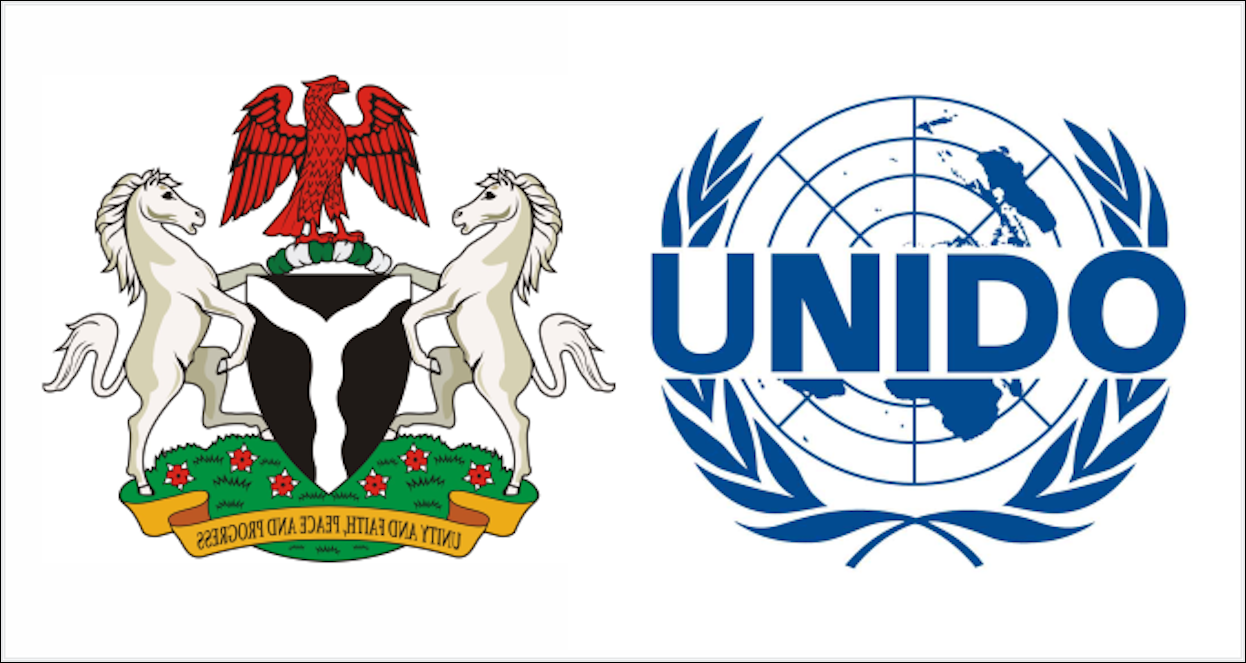- Access to Funds: UNIDO Introduces COMFAR App to SMEs
The United Nations Industrial Development Organisation’s Investment and Technology Promotion Office is set to equip small and medium enterprises (SMEs) in Nigeria with its Computer Model for Feasibility Analysis and Reporting (COMFAR) tools and methodologies for project appraisal.
Chief Technical Adviser, UNIDO-ITPO, Mr. Stanislaw Pigon, noted that lack of access to funds was not the only factor hindering the growth of the SME sector, adding that operators’ inability to present a proper accounting system was a major issue.
Pigon spoke in Lagos on Tuesday, at the UNIDO ITPO Nigeria’s Investment and Technology Promotion Workshop for the non-oil sector in Nigeria.
COMFAR is a software that facilitates short and long-term analyses of financial and economic consequences for industrial and non-industrial projects.
The innovation, which is accompanied by manuals, teaching materials and interlinked software for project identification and preparation, also offers specialised modules on Clean Development Mechanism and on Environmental Management Accounting, among others.
Pigon explained: “With the app, SME operators can prepare their financial appraisals in few hours after they have downloaded the application online either on their laptop computers or smartphones. COMFAR, which is already available in 19 languages, will expand its product offer to include more specialised versions that are compliant with the latest International Accounting Standards and the International Financial Reporting standards.
“UNIDO is set to train trade groups and organised private sector on the development of a trainers’ certification scheme and the establishment of national and regional training hubs. We will also create a centre of excellence that will work with financial institutions and regulatory bodies. Our objective is to train the trainers as they are expected to train others across the country.”
Pointing out that Pigon said the training would be extended to operators across the six regions in Nigeria, added that the workshop was introduced to help the country meet future challenges, connected to its growing population.
“The United Nations projected that the country’s population would increase to 200 million in two years and most of these people are entrepreneurs. If we train them now, it will affect the economy positively, especially when the population increases further,” he said.
Speaking at the event, National President, Nigerian Association of Chambers of Commerce, Industry, Mines and Agriculture, Chief (Mrs.) Alaba Lawson, lauded the efforts of UNIDO for being a consistent and dependable partner in the creation of a conducive business environment and promotion of free trade enterprise in Nigeria.
According to her, the sustainable economic development innovations of the organisation, which are technologically driven, are focused on industrialisation, poverty alleviation, women and youth development, Foreign Direct Investment generation and SME development.
Lawson said: “Its workshops serve as a starting point for future work between NACCIMA and UNIDO in tackling these important issues, and further development of NACCIMA-ITPO projects to promote gender equality, skill acquisition and improved market access with an emphasis on quality.”
Lawson urged the Federal Government to boost its capacity, competence, and legitimacy to mobilise and interact with all stakeholders, thereby creating an attractive investment climate.
“The necessary reforms will open the way for public-private partnerships, which can provide investment for infrastructure development and maintenance. Government should also facilitate cooperation with other international organisations and development finance institutions that can provide additional funds, while helping countries like Nigeria upgrade their productive capacities.”


 Naira4 weeks ago
Naira4 weeks ago


 Naira4 weeks ago
Naira4 weeks ago




 Naira4 weeks ago
Naira4 weeks ago




 Naira3 weeks ago
Naira3 weeks ago
 Commodities4 weeks ago
Commodities4 weeks ago


 News4 weeks ago
News4 weeks ago
 Travel4 weeks ago
Travel4 weeks ago




 Naira3 weeks ago
Naira3 weeks ago





















